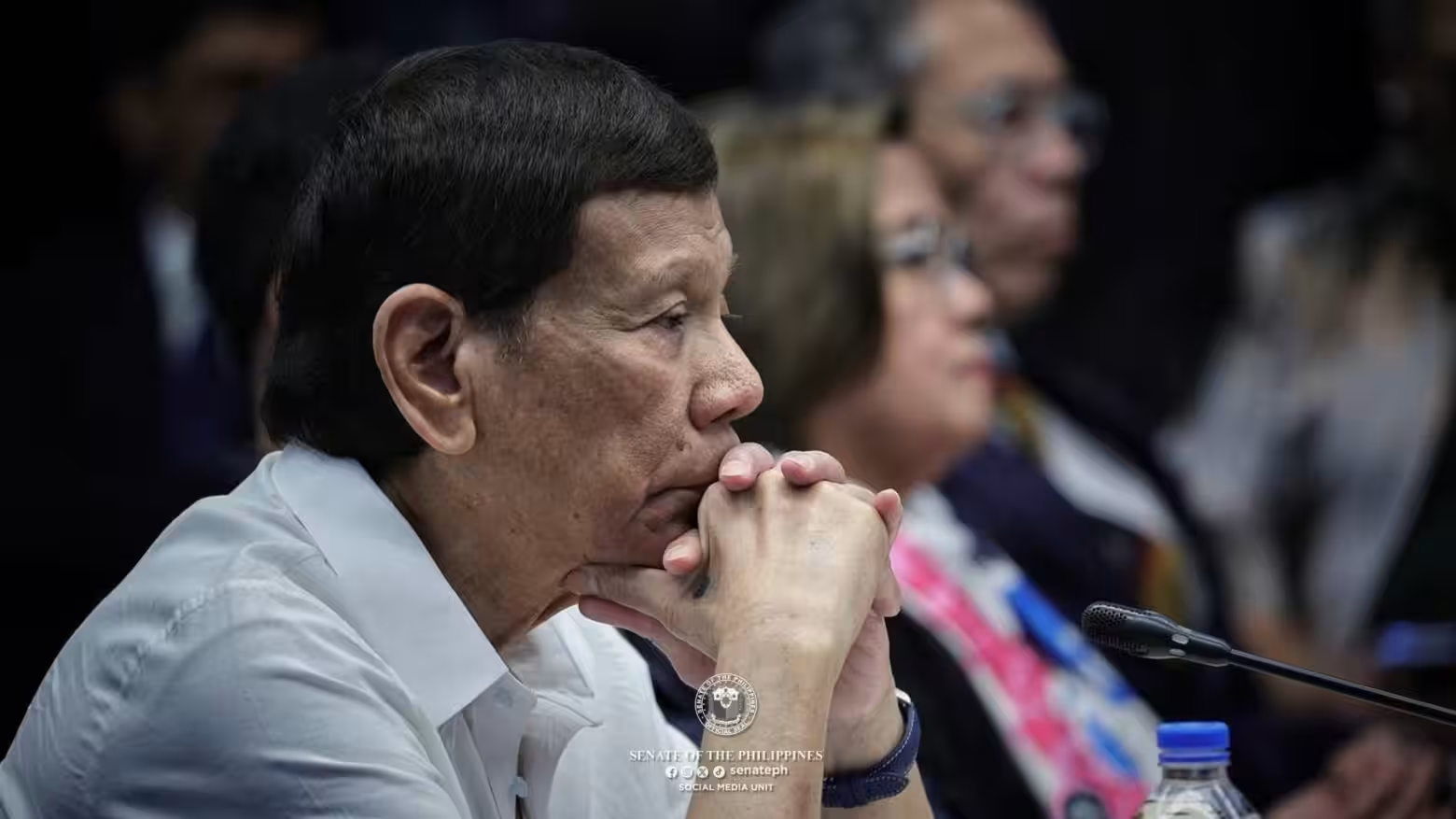
Former President Rodrigo Roa Duterte made headlines today as he attended a crucial hearing in connection with ongoing inquiries into various issues stemming from his administration. This appearance marks a notable moment in Philippine politics, highlighting the continued scrutiny of his controversial policies and decisions while in office.
Context of the Hearing
The hearing, which took place at the Senate, focused on several key topics, including the administration’s war on drugs, human rights concerns, and alleged corruption within the government. Duterte’s policies, particularly the aggressive approach to combating illegal drugs, have drawn both domestic and international criticism for their alleged human rights violations. Today’s session aimed to address these concerns and provide clarity on the administration’s actions during his tenure.
Duterte’s Testimony
Upon arriving at the venue, Duterte was met with a mixture of support and protest from the public, showcasing the polarized views surrounding his legacy. During the hearing, he defended his administration’s strategies, asserting that the war on drugs was necessary to combat rampant drug abuse and crime in the Philippines. He reiterated that his government prioritized the safety and security of the Filipino people, despite the criticisms.
Duterte also addressed questions regarding the conduct of law enforcement agencies during his administration. He emphasized the importance of accountability and stated that any wrongdoing should be investigated thoroughly. His testimony is expected to be a focal point for both supporters and detractors as they analyze his responses and the implications for future policies.
Reactions and Implications
The former president’s attendance at the hearing is seen as a pivotal moment in the ongoing discourse about his administration’s legacy. Supporters view it as an opportunity for Duterte to clarify his position and defend his actions, while critics see it as a chance to hold him accountable for the alleged excesses during his presidency.
Human rights advocates and various political groups have been vocal about their concerns, calling for transparency and justice for victims of extrajudicial killings. The outcome of the hearing could have far-reaching implications for future legislation and governmental accountability in the Philippines.
Moving Forward
As the hearing continues, it remains to be seen how Duterte’s testimony will impact public perception and the political landscape in the Philippines. The discourse surrounding his administration is far from over, and today’s events may serve as a catalyst for further investigations and discussions regarding governance and human rights in the country.
In summary, former President Rodrigo Roa Duterte’s attendance at today’s hearing is a significant event that underscores the ongoing challenges facing Philippine politics. As the nation grapples with the legacy of his administration, the discussions that arise from this hearing will likely shape the future of governance and human rights in the Philippines.

